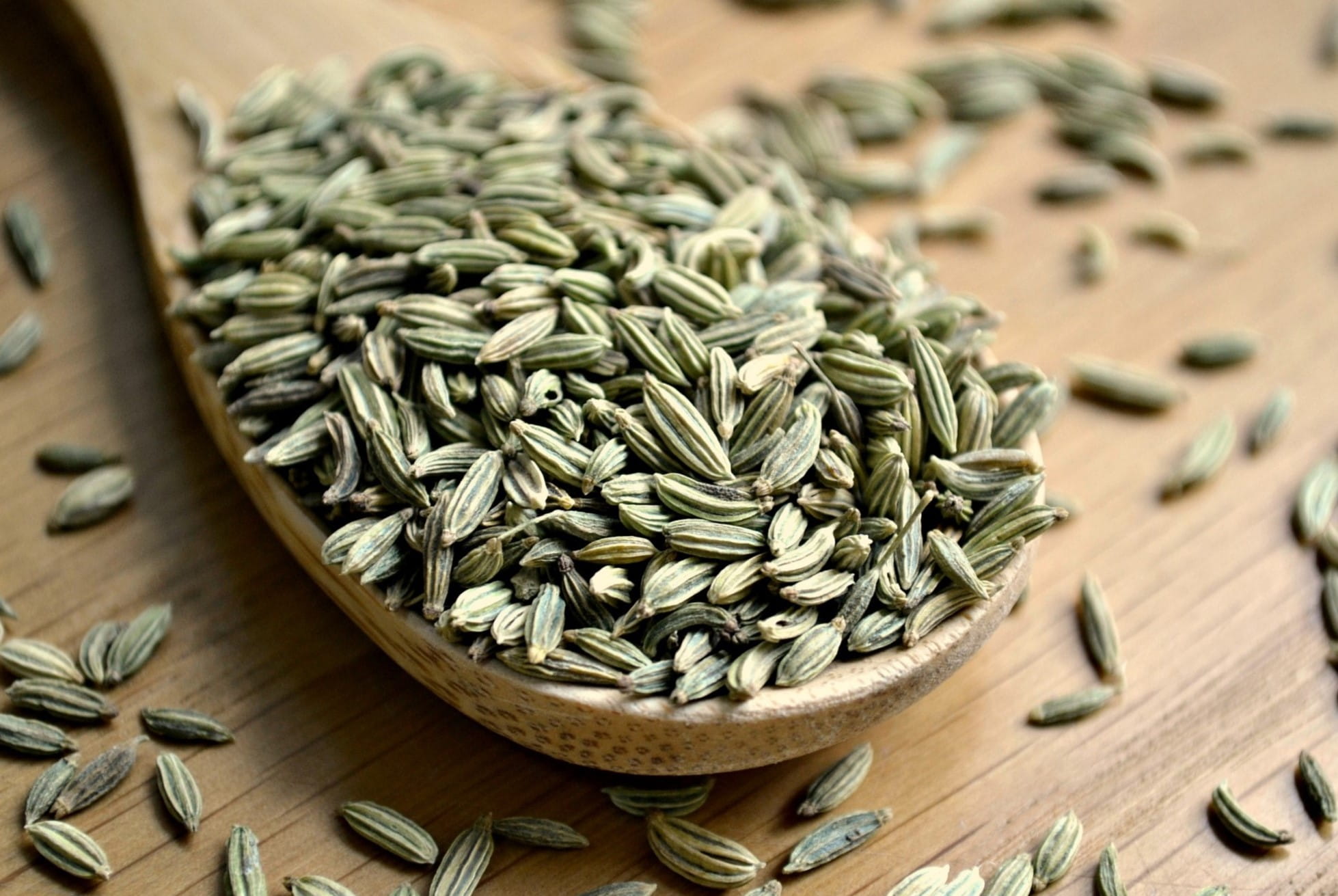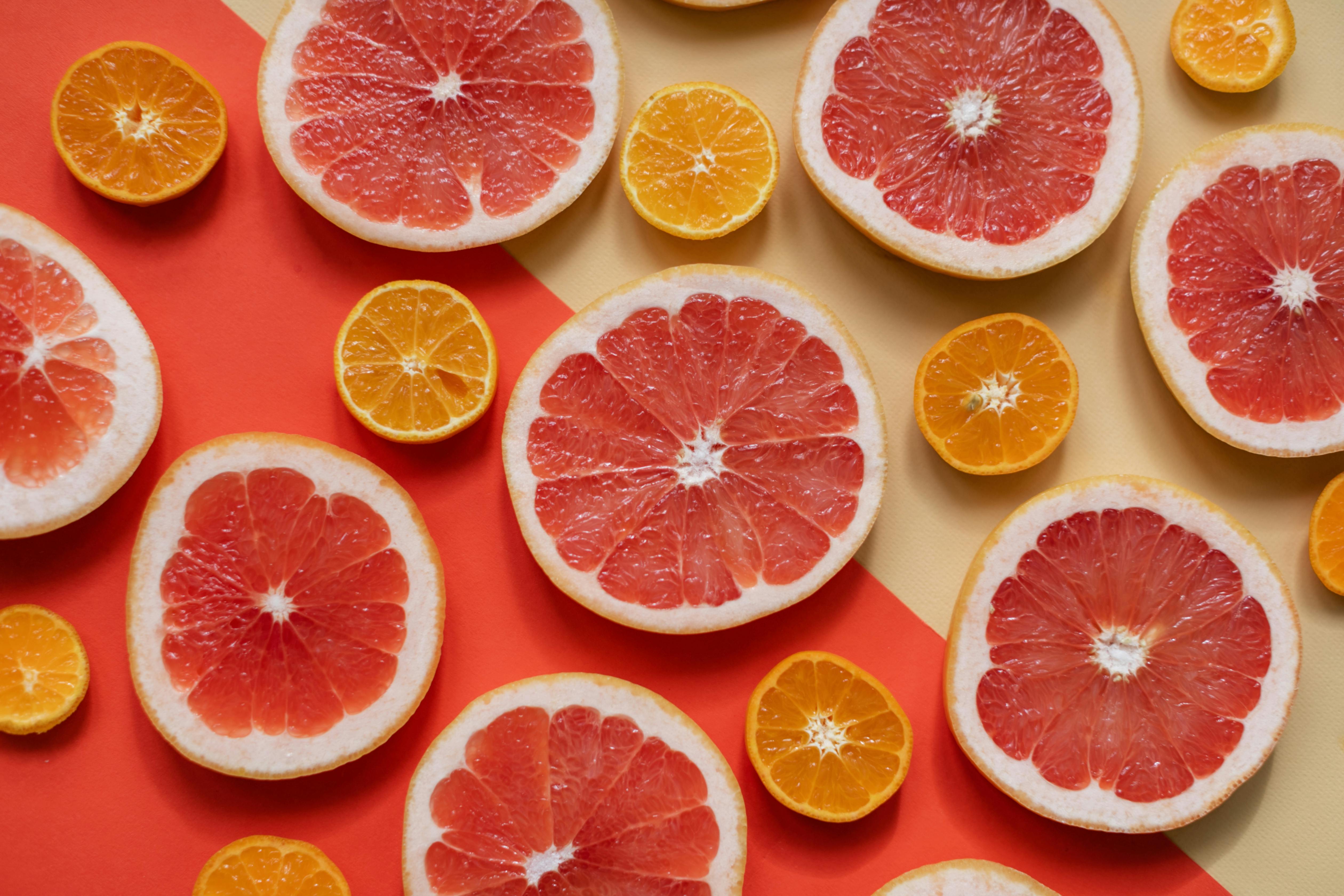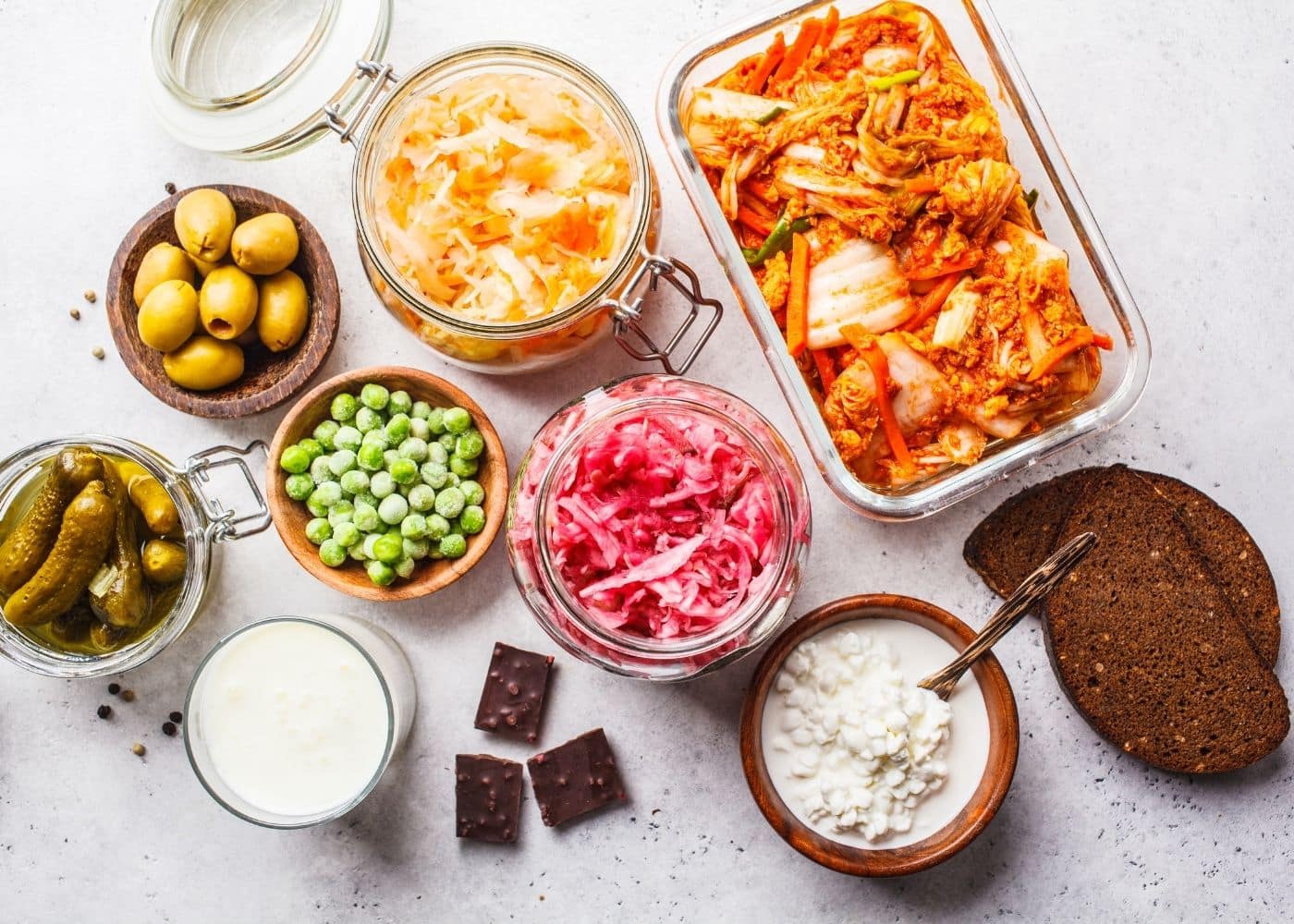Did you know that gut bacteria might be a cause of depression and anxiety? On the other hand, “good” bacteria can help improve your mood naturally! Researchers have discovered that improving the composition of the gut microbiome can help people with mood disorders.
By Eliana Martinez Padilla & Olena Valdenmaiier
Are you searching for natural ways to improve your mood? On the days you’re feeling down, there are certain things you can do. Here we highlight what science has discovered about the mood-boosting properties of your microbiome.
Gut bacteria and mental wellbeing
There is sufficient evidence that the microbial composition of your gut matters for your current mental state and that a poor gut microbiome affects your mood.
A study from China discovered that patients with depression had less of “good” bacteria in their gut compared to healthy individuals1. Another study has found that patients with severe depression had a reduced “richness” of the microbiome (i.e. the number of different bacteria groups) and low levels of the large bacteria group called Faecalibacterium2.
So if a poor microbiome can increase likelihood of depression, can a healthy one improve your mental wellbeing? Some of the novel treatment approaches are now targeting gut microbiota to prevent and treat symptoms of mood disorders. They are based on evidence that improvement to the composition of the gut microbiome can also contribute to your mental wellbeing. GUTXY has listed the most promising interventions below.
Can probiotics improve your mood?
Probiotic supplements are designed to restore abundance and diversity of patients’ gut microbiota. In 2016 scientists observed significant improvement in the mental health of petrochemical workers that consumed probiotics for 6 weeks. They were less stressed, anxious and depressed3. Participants of another study became less sad after taking probiotic supplements4.
Lactobacillus and Bifidobacterium containing probiotics have demonstrated antidepressant activity and an ability to inhibit anxiety.
- Lactobacillus rhamnosus hn001: prevention and treatment of post-partum depression5.
- Lactobacillus helveticus ns8: alleviated chronic stress.
- Bifidobacterium longum 1714: antidepressant.
- Bifidobacterium breve 1205: lowered anxiety.
A recent extensive study concluded that probiotics have the potential to reduce the risk of depression by way of effects similar to drugs currently used in treating mood disorders6.
Use of dietary treatment as an adjunct or sole therapy for mood disorders is not beyond the realm of possibility7.
Natural stress prevention with a prebiotic diet
Poor diet can have a significant impact on your microbiome and your mood. Instead of resorting to medicine to get rid of unhealthy intestinal flora, you can try and improve your microbiome naturally with a diet rich in prebiotic fiber.
Prebiotic fiber can be found in many delicious fruits and vegetables. It feeds the beneficial bacteria in your gut and there is evidence that a fiber-rich diet helps to keep stress at bay.
For an extra mood boost, try these handy tips from GUTXY:
- Add magnesium
A magnesium-deficient diet was observed to cause higher levels of depression in people with poor microbiome8. - Avoid highly processed foods
All those snacks, cakes and biscuits can reduce the number of healthy bacteria in your gut. - Exercise
A sedentary lifestyle has a negative impact both on your mood and gut microbiome.
If you don’t know where to start with a prebiotic diet, check out GUTXY’s RESET intervention plan to see how your microbiome changes in response to a healthier diet. Follow us on Instagram to get quick and easy recipes to feed you and your microbiome.
References
- Chen JJ, Zheng P, Liu YY, Zhong XG, Wang HY, Guo YJ, et al. Sex differences in gut microbiota in patients with major depressive disorder. Neuropsychiatric Dis Treat 2018;14:647-55.
- Jiang H, Ling Z, Zhang Y, Mao H, Ma , Yin Y, et al. Altered fecal microbiota composition in patients with major depressive disorder. Brain Behav Immun 2015;48:186-94.
- Mohammadi AA et al. The effects of probiotics on mental health and hypotalamic-pituitary-adrenal axis. Nutr Neurosci. 2016;19(9):387-395.
- Steenbergen L et al. A randomized controlled trial to test the effect of multispecies probiotics on cognitive reactivity to sad mood. Brain Behav Immun. 2015 Aug; 48:258-64.
- Slykerman RF, Hood F, Wickens K, Thompson JMD, Barthow C, Murphy R, et al. Effect of Lactobacillus rhamnosus HN001 in pregnancy on postpartum symptoms of depression and anxiety: a randomised double-blind placebo-controlled trial. EBioMedicine 2017;24:159e65.
- Huang R, Wang K, Hu J. Effect of probiotics on depression: a systematic review and meta-analysis of randomized controlled trials. Nutrients 2016;8(8).
- Borre Y.E., Moloney R.D., Clarke G., Dinan T.G., Cryan J.F. The impact of microbiota on brain and behavior: mechanisms & therapeutic potential. Adv. Exp. Med. Biol. 2014;817:373–403. [PubMed] – DOI: 10.1007/978-1-4939-0897-4_17
- Bambling M, Edwards SC, Hall S, Vitetta L. A combination of probiotics and magnesium orotate attenuate depression in a small SSRI resistant cohort: an intestinal anti-inflammatory response is suggested. Inflammopharmacology 2017;25(2): 271-4.



